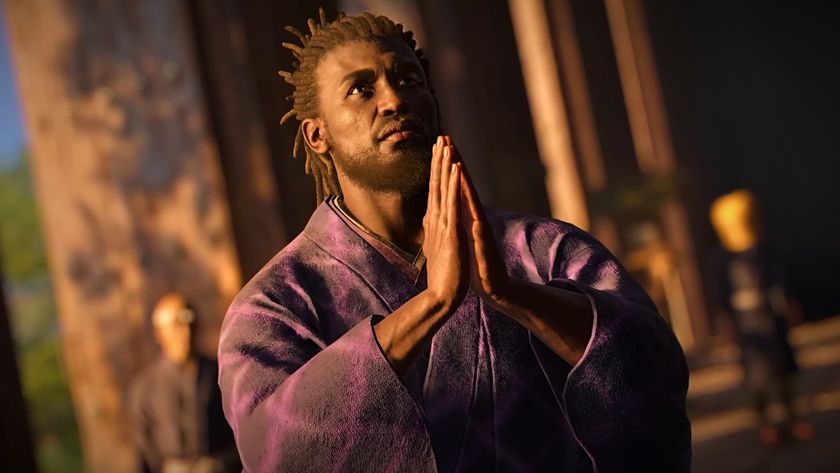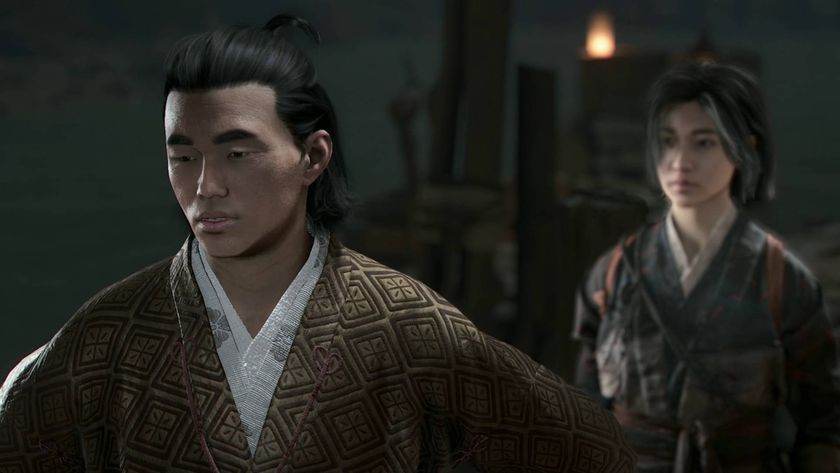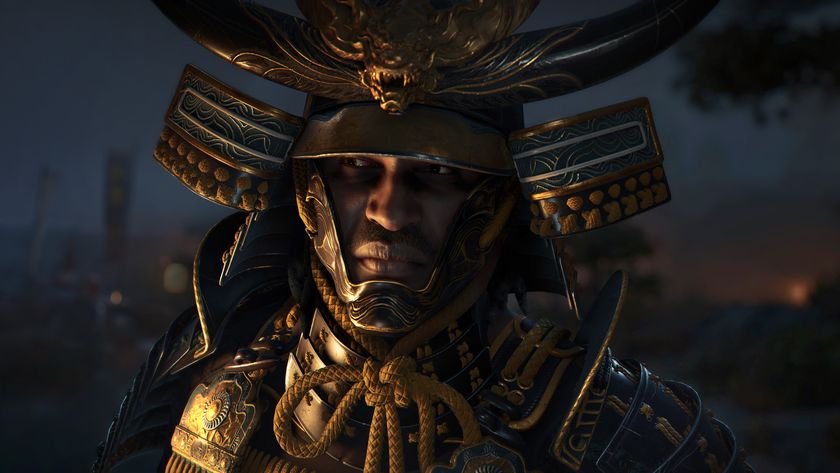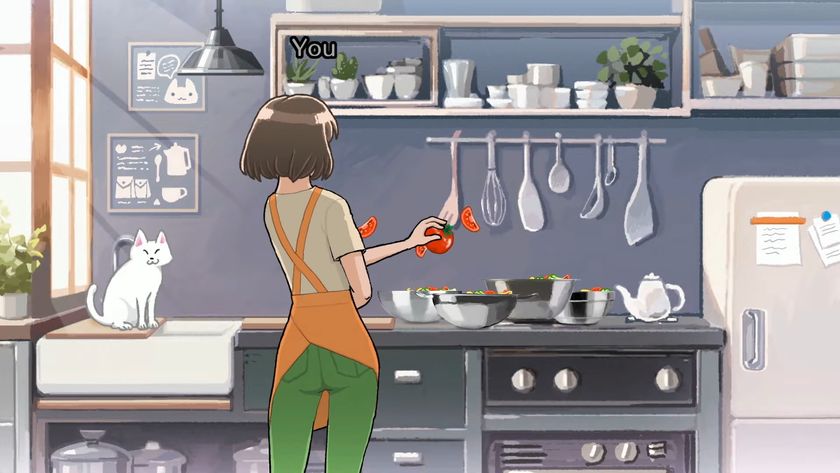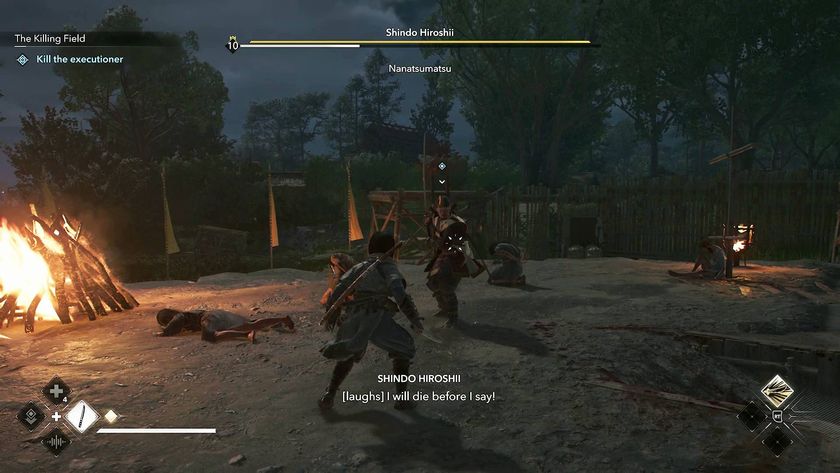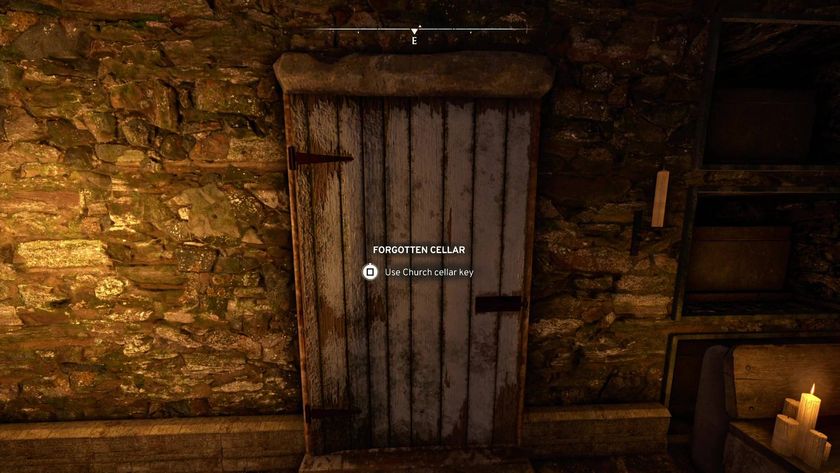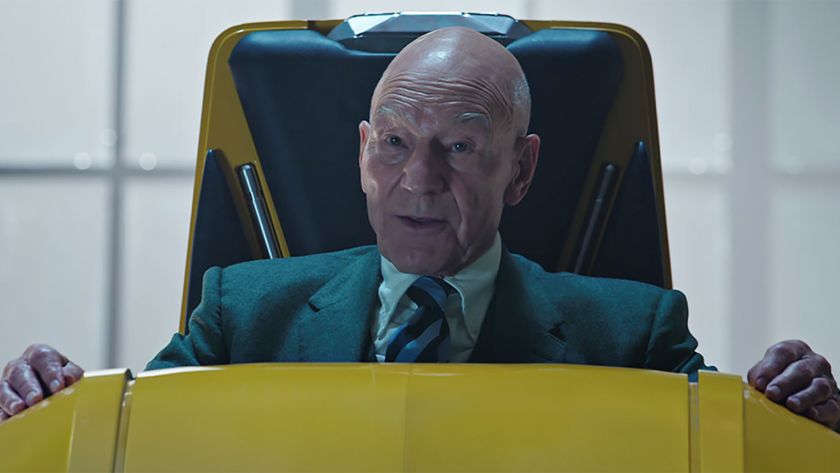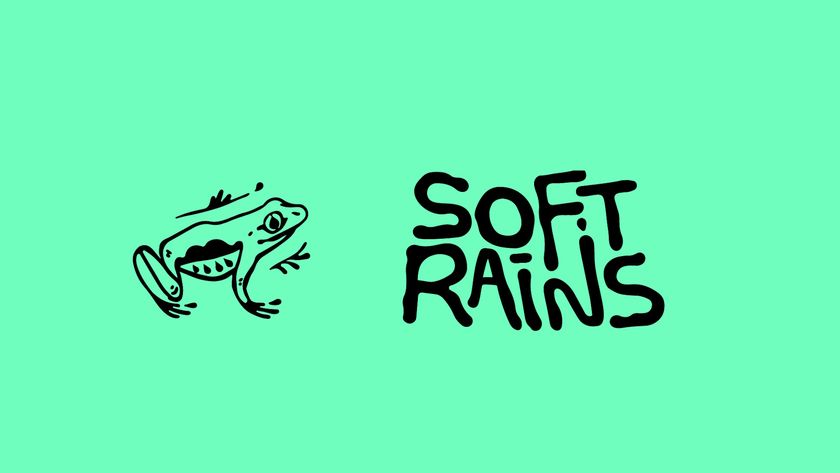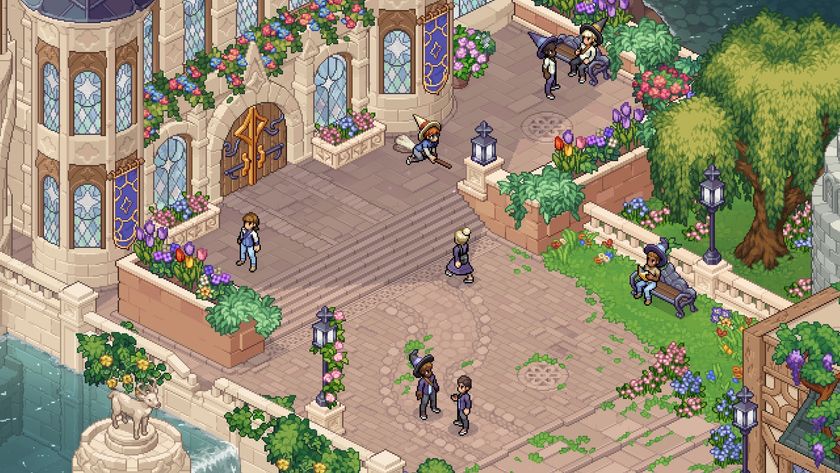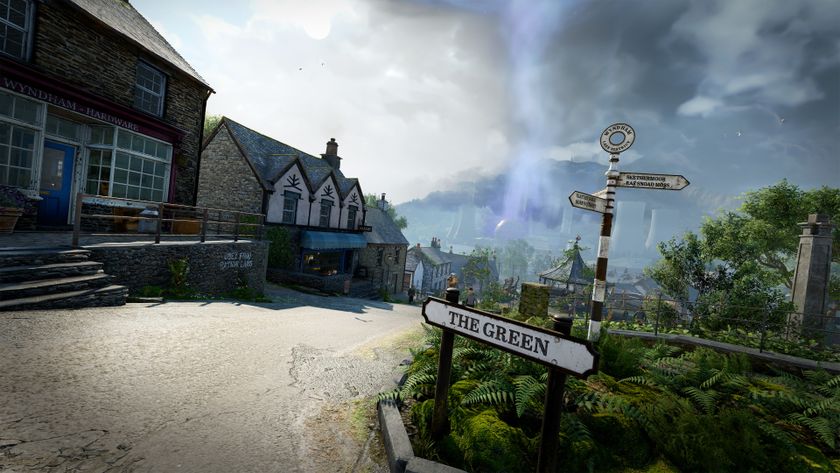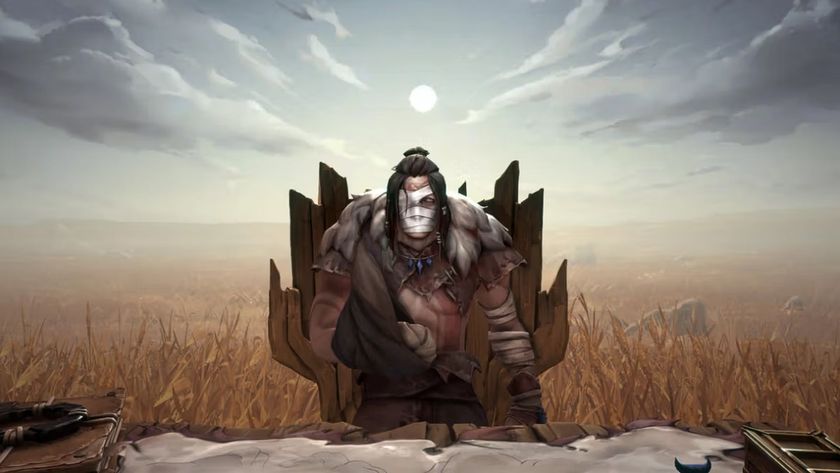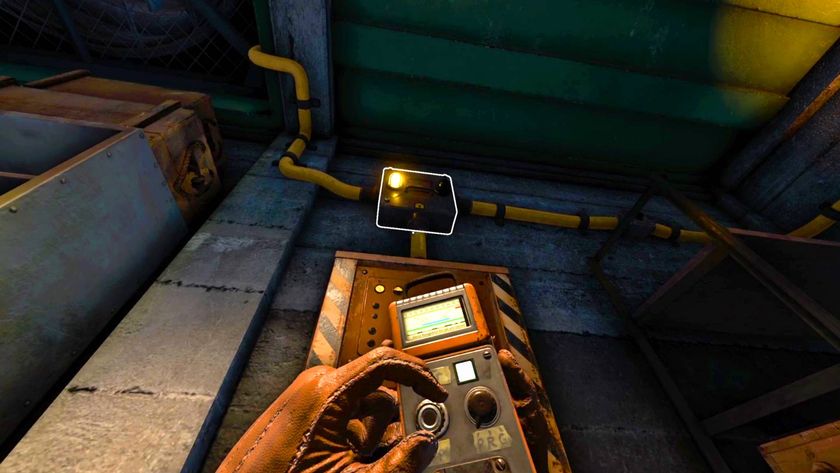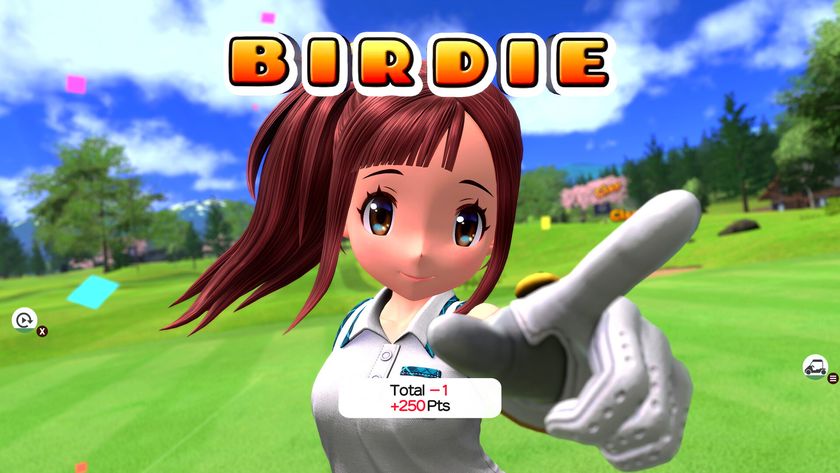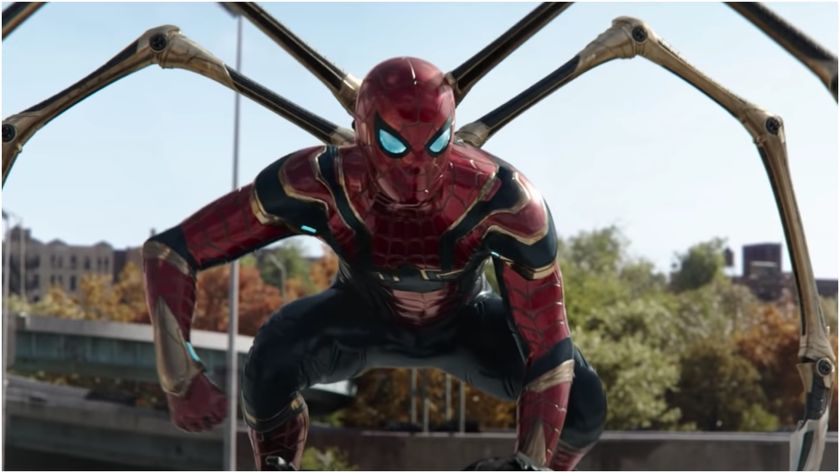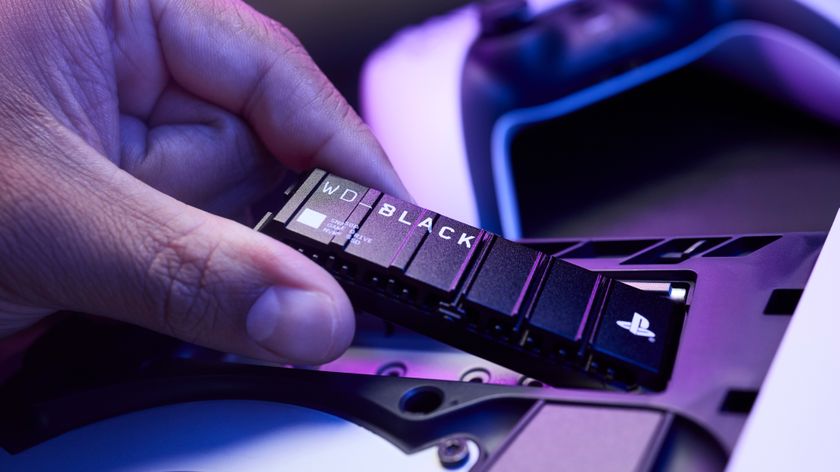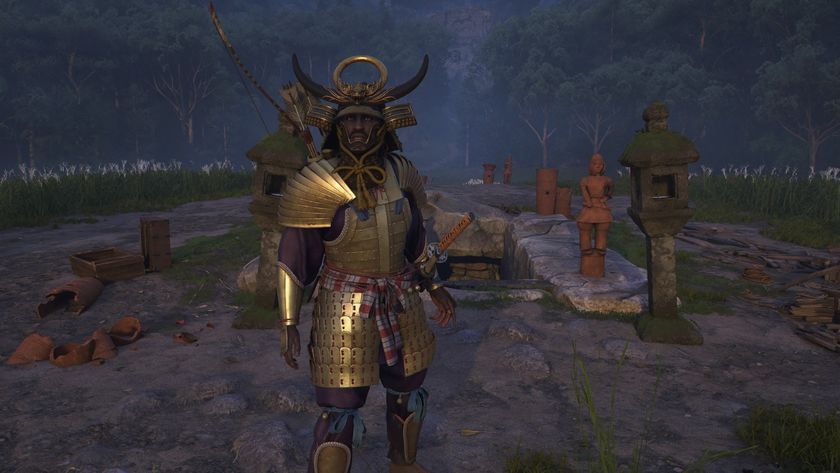Five years on, what has the Wii's revolution REALLY changed?
In 2006, it was going to change gaming and gamers forever, and turn Nintendo around. Did it?

So the era of the Wii, and with it the first wave of Nintendo's glorious gaming revolution, is drawing to a close. After overnight world-domination and five years of hardware sales so big they'd send the Moon running to the gym to bulk up, this generation's first motion-control heavyweight now finds retirement beckoning as a successor bites at its ankles in the form of the still slightly confusing Wii U.
But how successful was Nintendo's all-encompassing, caring, sharing experiment in accessible gaming, really? Did it deliver on its promises to evolve games, gaming and gamers beyond what they had been before? Hell, was there even really a revolution at all, or have we just been fooled into thinking there was? And how much has any of this really helped Nintendo? It's the end of an era, and it's time to take stock. So take stock I very much have.
A revolution in game design
Remember the giddy swell of exciting possibilities when we found out what the Wii was all about? The tornadoes of futuristic game ideas that ripped through our minds, as we realised that what we’d long-imaged as the distant sci-fi destiny of video games was actually with us, right here, right now?
Above: This was the most exciting thing in the world in 2005 and you know it
The most ultra-responsive, dizzyingly-immersive, point-and-shoot FPS controls of all time. First-and-third-person melee combat with real, one-to-one duelling that let us thrust, parry and block like some kind of neo, couch-based Errol Flynn. Completely hands-on, physics-driven worlds which we would manipulate in real-time with our actual arms and digits. It was goddamn Lawnmower Man, and we were getting it in our living rooms, without any of the unpleasant psychological and existential implications that caused Pierce Brosnan so much trouble.
Yeah, didn’t happen, did it? We got a few attempts at FPS – including a couple of genuinely great ones, such as Metroid Prime 3 and Red Steel 2 – some tacked-on sword-fighting in Zelda: Twilight Princess (which in truth just remapped the Gamecube’s A-button to a shake of the remote) and a whole lot of party games.
There are reasons for this, and most of them, ironically, come down to the Wii hardware. As exciting as new control inputs are from a game design perspective, they alone aren’t enough to turn the collective hydra-head of the world’s AAA game designers and publishers. The most creative developers in the industry love using meaty technology to build imaginative, affecting new worlds and innovative, powerful gameplay mechanics. For the likes of BioShock and Deus Ex, the low-res visuals and lesser processing grunt of the Wii just isn’t enough, magical immersive waggle or not.
Sign up to the 12DOVE Newsletter
Weekly digests, tales from the communities you love, and more
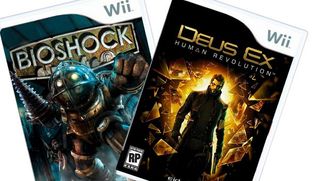
Above: Never gonna happen
As for publishers it comes down to profit, pure and simple. Yes, development of Wii games might be cheaper than creating HD blockbusters, but releasing SD blockbusters into a marketplace with a casuals-and-families-oriented culture built by the platform holder certainly does not spell big returns.
And while the Wii’s various control options technically have enough inputs to accommodate AAA core releases, they’ve never been terribly welcoming from a development perspective. Yes, a Wiimote and nunchuk can accommodate an FPS, but not as comfortably as a twin-stick pad or keyboard and mouse. The classic controller is okay, but not great. The Gamecube pad is better, but the biggest problem with both of those latter options is that no developer can guarantee that a player owns them.
There’s a reason that innovative but non-standard third-party control devices rarely take off. Being optional, designing for them is just too much speculative effort for too little return. Novint Falcon, anyone? Exactly. And that’s before you even get into the issue that the Wii’s lesser power has always meant that porting a multi-platform release meant essentially creating a whole new game. Impressive, innovative exclusives have just never been worth the effort.
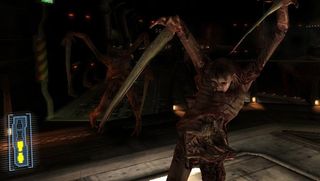
Above: Dead Space Extraction. Not proper Dead Space, but great. But sold bugger all
And so for all the reasons listed above, most of the true auteurs in game design have gone with the horsepower and standard controls this generation. And who can blame them? I certainly can’t.
As for the auteurs who really should be able to get the best out of the Wii? Not even Nintendo has really managed to justify the need for motion control as a gaming evolution. Wii Sports worked brilliantly, and was a hell of a lot of fun, however cool it might now be to pretend that it wasn’t. WiiPlay was fun but shallow, as was Wario Ware. Excite Truck, Metroid Prime and Mario Kart worked well, but in no way demanded motion control. And as for the rest of them, we’re looking at otherwise traditional games with a bit of motion tacked on.
The Super Mario Galaxies? Two of the greatest games of this generation, without doubt, but motion-control barely got a look-in. Twilight Princess? A Gamecube game with a bit of waggle stapled onto the side. Mario Strikers? A lot of fun, but no motion control that a stick and a couple of buttons wouldn’t have done as well if not better. Donkey Kong Country Returns? The motion-activated roll manoeuvre actually got in the way. Smash Bros? If you were using anything other than a GC pad, you were Doing It Wrong.

The Legend of Zelda: Skyward Sword is finally going to deliver on the promise of the Wii in terms of 1:1 sword fighting, with real, tactical repercussions, but it’s taken five years and a controller hardware revision to achieve what sold us all on the idea of the Wii in the first place. So by the time Skyward Sword eventually comes out with all of its impressive bells and whistles, it just won’t matter any more.
A revolution in game design? Was it balls. But let’s look at how the Wii has affected gaming outside of the actual games. Or, you know, not.
